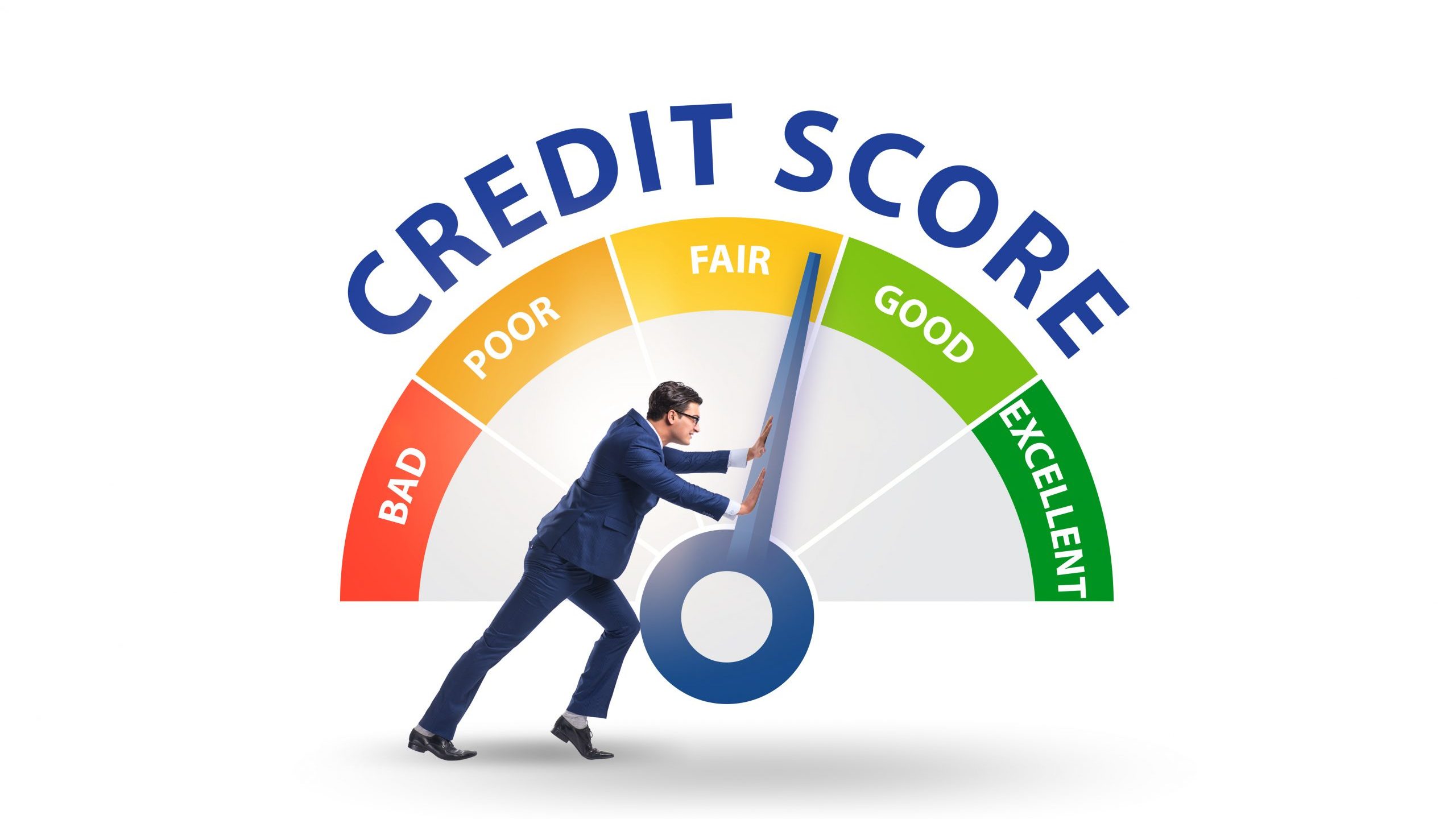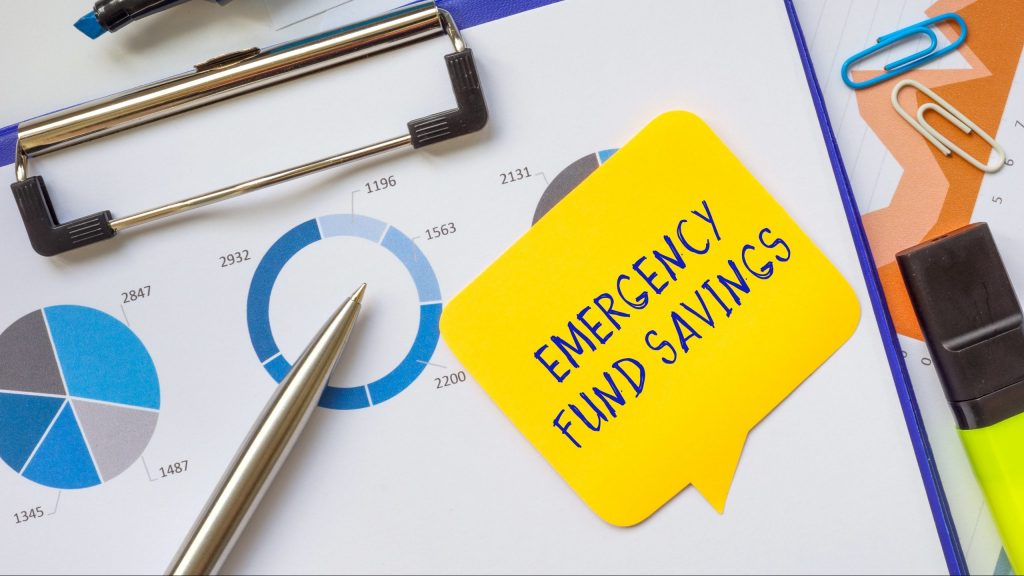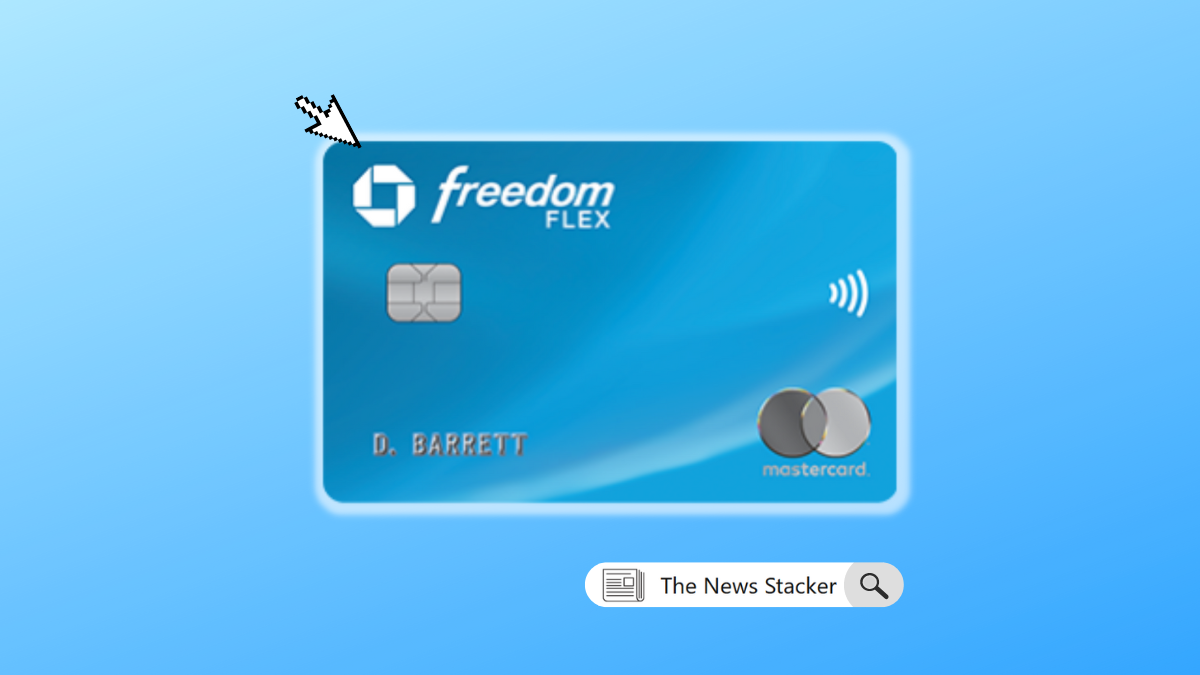Finances
How to build an emergency fund
Learn why and how you can build an emergency fund. An emergency fund is a pool of money you set aside for unexpected financial burdens, such as medical bills or car repair costs.
Advertisement
Learn the best way to prepare for the unexpected!

Financial planning can be difficult, but if there’s one rule that everyone should strive to follow, it’s this: build an emergency fund!
Setting aside a certain amount of money each month or paying into a separate savings account will create a cushion in case of unanticipated expenses.
It sounds intimidating, but it doesn’t have to be as hard as it seems. This post will cover why you need an emergency fund (especially now) and all the steps you can take to set one up quickly and effectively.
So put down your worries for a few minutes, and let’s look at how to ensure financial emergencies aren’t too scary afterward.

Improve your credit score easily with these tips
Improving your credit score is one of the most important things you can do, and we’ll provide some easy tips on how you can achieve that goal quickly and without stress.
How to build an emergency fund in 6 easy steps
It’s no secret that life can get a bit wild and unexpected. A flat tire can come out of nowhere, the washing machine could die at any moment, or you may be faced with an inconvenience requiring spare cash flow.
That’s why an emergency fund is so important—it provides you with a cushion for things that don’t go as planned.
In most cases, your emergency fund should include at least three months’ worth of living expenses – rent/mortgage payments, utilities, food, car payments & insurance, and health insurance.
And if times are tight? Make whatever contribution you can and slowly work up to the recommended amount.
So let’s break down how to efficiently build and maintain an emergency fund so you can breathe easier knowing you have that financial safety net ready for whatever life throws you!
Check if you are pre-approved for credit cards and loans with no impact to your credit score
You will be redirected to another website
You’ll receive messages for less than 1 week, with a maximum of 1 message per day. You can unsubscribe anytime by replying STOP. By submitting this form, I confirm that I am 18+ years old and agree to the Privacy Policy and Terms and Conditions. I also provide my signature, giving express consent to receive informational messages via automated emails, SMS, MMS text messages, and other forms of communication. Message frequency may vary as part of our good-faith effort to respond to your inquiry. Message and data rates may apply. Text STOP to cancel. I understand that my consent to receive communications is not a condition of purchase and that I may revoke my consent at any time.
1. Break your savings into smaller parts

Contemplating the idea of saving can be intimidating. We know we should save, but it’s hard to feel motivated sometimes. Here’s a simple strategy to help you build an emergency fund: Break it down.
Start by setting a $100 monthly goal, only $3-4 a day! Although it may seem small at first, after 12 months, you will have saved up an impressive $1,200.
Once you reach that milestone, congratulate yourself and adjust your goal for the next year — if all goes according to plan, you’ll have quite the emergency fund in no time!
2. Cut on everyday costs
Trying to build up an emergency fund can seem daunting, but one of the best ways to start is to set aside a small amount of money from your everyday expenses.
Whether it’s cutting down on an expensive cup of coffee each day or rethinking your weekly grocery list, every dollar saved can help jumpstart your savings.
Sometimes all it takes to get ahead financially is making little cuts here and there – and before you know it, you’ll have a healthy cushion in case of an unexpected expense.
3. Use Technology
Never underestimate the power of technology! Setting up an automatic transfer from your checking to your savings account can take away some of the potential for human error in managing your finances.
Why not put technology to work for you by setting and forgetting—that way, you’ll easily build an emergency fund without remembering when and how much to transfer.
With automated transfers, voila! You can now be confident that your financial future is always secure.
4. Be careful of debts
It’s no secret that paying off debts can be a huge source of stress, and delaying one financial goal for another can have an unfortunate snowball effect.
To avoid the pitfalls of debt getting in your way, try to stay disciplined with your lower rate and manageable balance.
Allocate some funds to debt each month, but don’t forget to build up your emergency fund.
Although it may seem tempting to go all-in on the debt payoff, you’ll appreciate having an emergency stash if anything unexpected comes up – like car trouble or home repairs.
Start small and make it a priority; at the end of the day, saving and paying off debt are two essential pieces of a healthy financial puzzle.
5. Avoid temptations

Building an emergency fund is critical to protecting your financial future, but it’s easy to get carried away.
Temptation is always around the corner, ready to grab your hard-earned money. To preserve that nest egg while it grows, create a separate savings or money market account at your bank.
You can watch it accumulate safely with FDIC insurance and collect some interest.
When emergencies do hit, at least you know your funds are accessible and away from any temptation that would otherwise put them in danger!
6. Set the bar higher
You finally made your budget, saved for your dream vacation, and hit your initial savings target. Well done! However, now it’s time to up the ante – don’t stop there!
Put yourself in a better and more secure financial position and build a higher emergency fund. You won’t regret it!
You will feel empowered to know that you have a cushion of cash to fall back on if times get tough.
Trust us – if you stay committed and build upon the success of hitting your earlier goal, you’ll also be sure to meet your current savings targets.
10 tips for a better financial life
A healthy financial life is one of the most important aspects of a successful and content life.
Yet many of us find it hard to make sense of managing our finances – budgeting, saving, and investing can seem daunting.
But fear not! Whether you’re just starting or have been in the “game” for years, our next 10 tips can give you an edge. From getting organized to setting goals, we cover it all.
So read on and start putting your finances into action!

10 tips for a better financial life
Learning how to manage your finances will give you a lot of advantages in life. Put these tips into action, and you'll see the results.
Trending Topics

See how to apply: Chase Freedom Flex℠ Credit Card
Learn all about the features and benefits you can expect when you sign up for the new Chase Freedom Flex℠ Credit Card and how to apply.
Keep Reading
Learn how you can adjust to the time change
The end of daylight savings can cause negative health impacts and leave people feeling out of place. Here’s how to adjust to the time change.
Keep Reading
Learn how to control app permissions and protect your data
Worried about apps having too much access to your data? Check out how to limit app permissions and keep your information safe.
Keep ReadingYou may also like

How to turn off a fire alarm. Take control with these easy steps!
Find out what you can do if you set off your home's smoke detector, and how to turn off your fire alarm - but just when it's safe to do it!
Keep Reading
The Best Cardio Workouts
Get fit with heart-healthy exercises! These best cardio workouts are perfect for anyone looking to add a little more cardio to their routine.
Keep Reading
What are the most ancient museums in the world?
Do you want to know where some of the world's most ancient museums are? Check out our list with the 7 oldest museums on earth.
Keep Reading